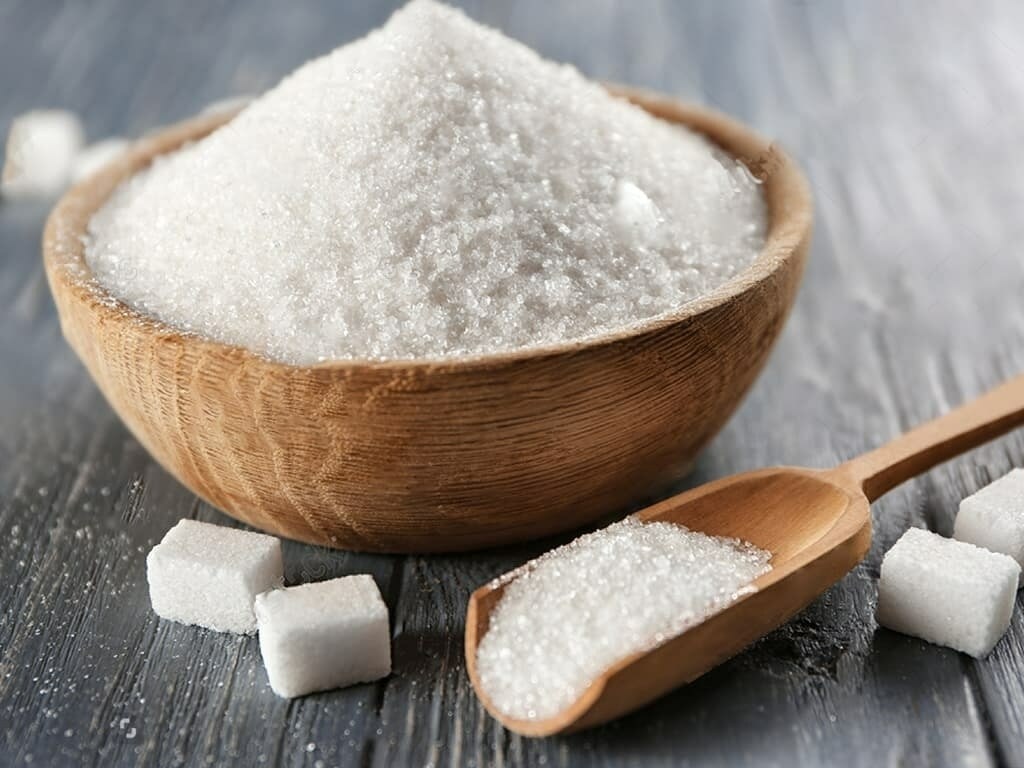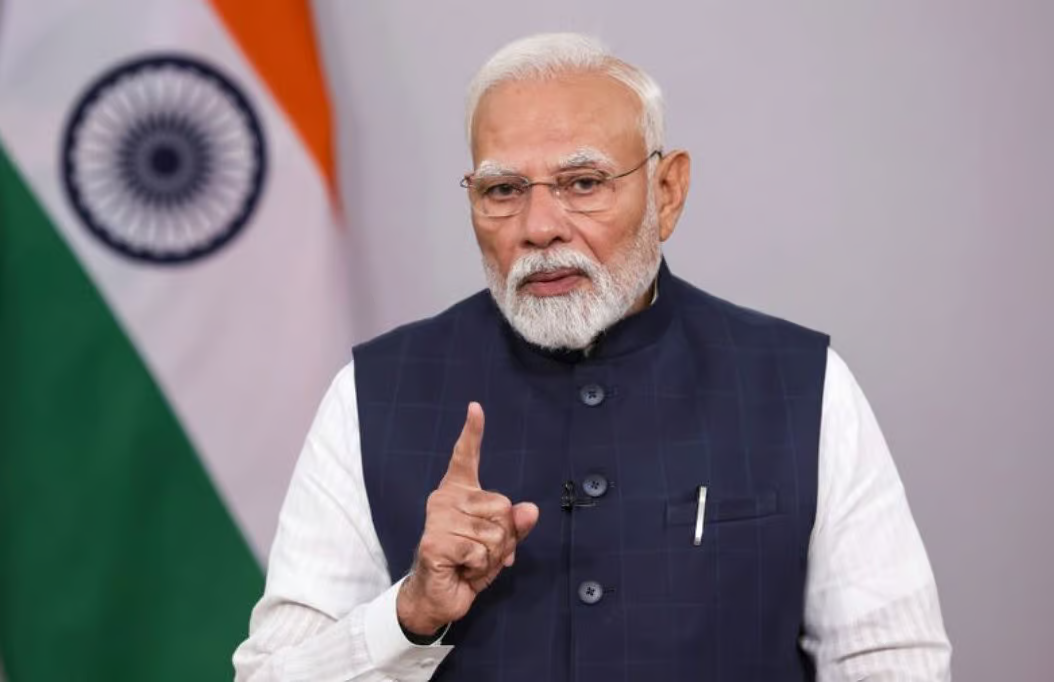In a controversial policy shift, the Government of Pakistan has approved the import of 750,000 metric tonnes of sugar—despite having already exported nearly the same amount earlier in the fiscal year. The move has contributed to soaring domestic sugar prices, which now range between Rs170 and Rs190 per kilogram, up from Rs140 before exports.
Deputy Prime Minister Ishaq Dar announced via X (formerly Twitter) that the government has granted in-principle approval for 500,000 tonnes of refined sugar imports and will soon submit a policy for importing 250,000 tonnes of raw sugar. The decision follows OGRA’s recent price reviews and is being justified as a measure to stabilize domestic markets under the broader IMF reform agenda.
According to the Pakistan Bureau of Statistics (PBS), 765,734 tonnes of sugar were exported between July and May of the current fiscal year, earning Rs114 billion—a 2,200% increase from last year. The export wave, however, led to sharp shortages in the domestic market, triggering record-high prices and benefiting sugar millers, especially those with political clout.
Government critics and economists have questioned the logic behind first exporting sugar only to now re-import it at higher costs, calling it a contradiction to free-market policy. “Export and import decisions should be left to farmers and market forces, not to selective millers with political influence,” said PTI MNA Usama Mela during a recent Finance Committee meeting.
READ MORE:
PTA Launches Free Wi-Fi and Smartphone Distribution Drive to Mark 200 Million Subscribers
During a high-level meeting chaired by Dar, the Pakistan Sugar Mills Association (PSMA) revealed that despite a production shortfall—5.9 million tonnes this year compared to 6.9 million tonnes last season—existing stocks of 2.8 million tonnes were enough to last till November. Yet, the government has moved forward with import plans, suggesting either higher-than-reported consumption or underestimated shortages.
Despite the government fixing sugar prices at Rs164 per kg in March, post-export prices shot up by Rs50 per kg, while millers profited from both local and international sales. The Competition Commission of Pakistan has previously accused PSMA of cartel-like practices.
To balance interests, Dar’s committee negotiated sugar prices with PSMA and instructed the Ministry of National Food Security to seek Economic Coordination Committee (ECC) approval for imports. PSMA, meanwhile, recommended starting the next crushing season by November 1 and suggested a tolling policy for raw sugar imports to ease shortages. They also advocated curbing sugar smuggling to neighboring countries.
In a related move, Dar announced a reduction in sales tax on solar panel imports, lowering it from 18% to 10%. Additionally, Finance Minister Muhammad Aurangzeb is now handling US trade negotiations, despite it traditionally falling under the Ministry of Commerce’s jurisdiction.
The sugar trade policy continues to draw public scrutiny, with critics highlighting the disconnect between government actions and public welfare, particularly amid inflation and rising food insecurity.




